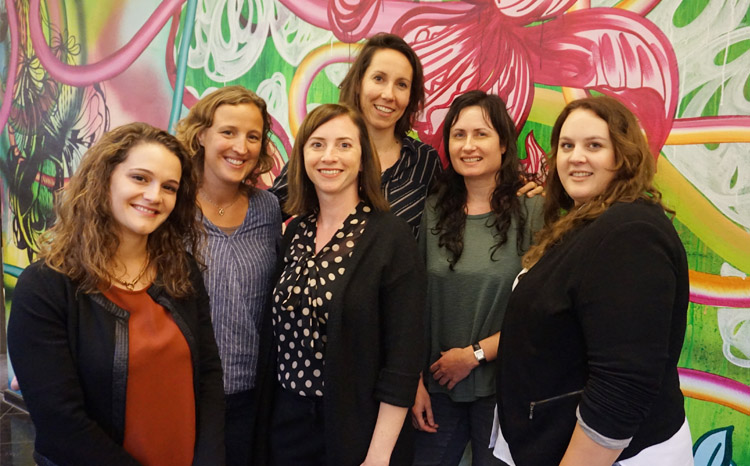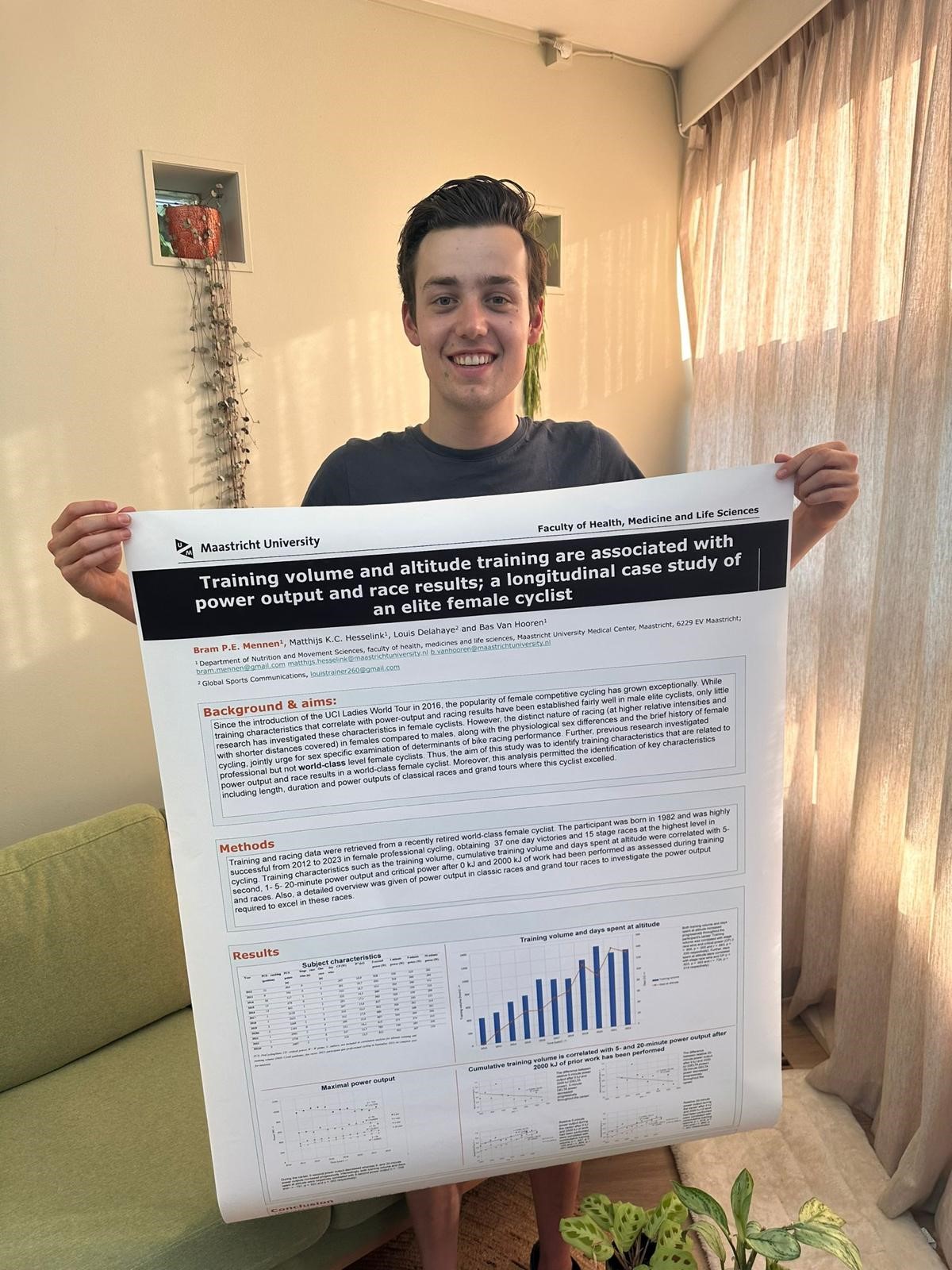Your wellbeing is more important than ever
The team of UM psychologists at SSC are there for you – whether you struggle with fear of failure, procrastination, stress, sadness or loneliness. Now you get to contact them even – only, come to think of it – from the comfort of your own home.
Apart from the logistic challenges of working – and living – from home, there is also the psychological aspect. UM Psychologist Liesbeth Mouha and her colleagues haven’t missed a beat when it came to switching to online-only. Most of them live in Belgium but UM’s IT infrastructure is coping well enough – and Mouha and her husband can support each other with taking care of their small children.
Mouha describes the transition period as “very busy but OK.” She was afraid that many students who had appointments would cancel, but when they contacted them to offer video calls as alternatives, most meetings went ahead. “We have even had 16 new intakes this week, which is above our average, so we’re happy to say we can still take care of everyone who needs someone to talk to.”
From the (dis)comfort of your own home
“The online sessions work very well actually. You may not get as good an impression of how someone is doing when you first meet them because the non-verbal signals are harder to pick up on – but on the other hand, people speak from their room, from their own comfort zone, rather than coming into my office, so that can even be an advantage.”
Some interventions might have to be modified a bit, but the sessions largely remain the same. The team are trying to stay as approachable as possible now that their walk-in consultations had to be cancelled. “We’re looking whether a chat service is feasible but the main thing is: we have spots available and you can make individual appointments through the website. For long-term therapy or urgent matters, you should phone your GP.”
While COVID-19 has affected their working conditions, the UM psychologists have seen very little direct impact yet. “Of course, it’s a very difficult situation. But those who had already struggled with loneliness now feel like we’re all in the same boat – we’re all literally isolated. There’s a sense of solidarity. And so many ways of connecting digitally are popping up around the university and social media that people are coping relatively well.”

As Epictetus was saying…
The urge to succumb to panic or despondency is natural; but you need to be aware and wary of it. “Your brain tends to catastrophize to prepare you for danger. When you feel like you have no control and you’re panicking, differentiate what you can and can’t control, then act on the former and let go of the latter – it will give you a sense of relief.”
Things you can and should control are the structure of your days, your own boundaries, your habits and your thoughts. “All the things that used to structure your day are falling away, so make sure you always get up and go to bed at around the same time, make a week plan, decide when you want to work and when you want to relax.”
1.5 metres distance is a good start for setting boundaries, but people should also be mindful of their social interactions and news diet. “I have agreed with my husband that we check the news once per day and talk about it only twice per day – that’s quite strict but I need it to stay positive. There’s an understandable tendency to talk about the pandemic all the time – but you should set limits for yourself and also communicate those to others.”
When it comes to staying positive, Mouha recommends going into nature (if permitted where you live). “It sounds very basic but it’s a good antidote to being stuck in your own head and house. It’s good to be reminded that the real world goes on. It’s also important to not let your fear of going outside get out of hand.”
Catastrotunity
Every catastrophe also contains an opportunity – a catastrotunity, if you will… “There’s always a positive side – but you have to want to see it. For example, we know that it takes three to five weeks to establish a habit. You can ask yourself: ‘What does my daily life lack? What do I want to get out of this?’ Now that your old routines are interrupted it’s the perfect time to establish physical and mental habits for when all this is over.”
And all this will be over at some point. So maybe it is a good time to think about our priorities and learn to appreciate the physical contact we currently have to make do without. We’re all in this together. Maybe not just during these challenging times.


Liesbeth Mouha, UM Psychologist
You can make an appointment with a UM Psychologist here. Also, why not have a look at the UM’s Student Wellbeing Movement or follow them on Facebook for daily inspiration and activities.
This article is part of 'We're Open', a series of stories about the UM community’s many activities during the coronavirus pandemic.
Also read
-
Imagine this: as a newly graduated master's student, you get to share the insights you gained during your research at an international conference. This happened to Bram Mennen. At the end of June 2024, he presented the results of his thesis on the training data of top cyclist Annemiek van Vleuten at...
-
Moving on your own to a new country with a different culture and language and without a support network can be challenging. Master's student Beverlianne Green therefore quickly realised she wanted to get involved with the local community. Through the Personal & Professional Development Portal of...
-
Maastricht University students have won the Dutch final of the student competition Ecotrophelia, a drinking vinegar based on apple cider vinegar, fruit and herbs.

